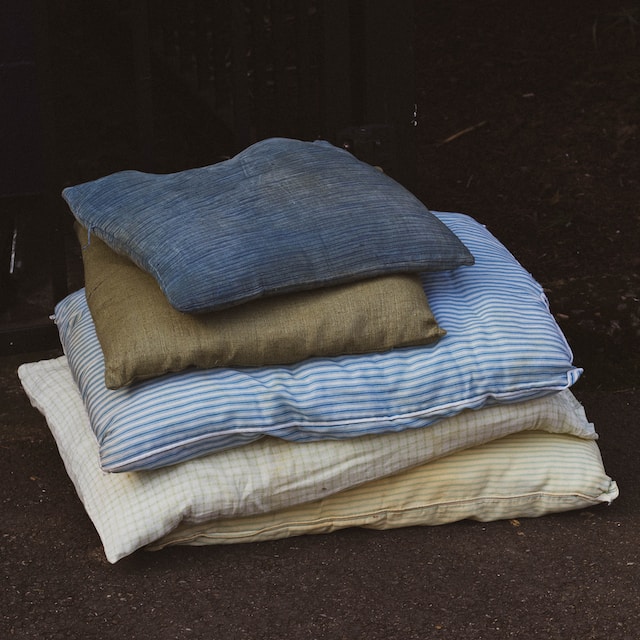Blankets, those cozy companions that wrap us in warmth and comfort, are often our refuge during chilly nights and moments of relaxation. However, what if the very blankets designed to provide solace harbor unseen threats to our well-being? In this blog post, we’ll uncover the unexpected consequences of neglecting the cleanliness of our blankets and explore the importance of maintaining a hygienic sleep environment.

**1. Dust Mites and Allergies:
Beneath the soft folds of your favorite blanket, microscopic inhabitants known as dust mites can thrive. These tiny creatures feed on dead skin cells and can trigger allergies in susceptible individuals. Regularly washing and cleaning your blankets helps keep these unwelcome guests at bay, ensuring a healthier sleep environment.
**2. Bacteria and Odors:
Over time, blankets can accumulate bacteria, sweat, and body oils. The combination of these elements can result in unpleasant odors and may contribute to the growth of harmful bacteria. A routine washing schedule prevents the buildup of these contaminants, ensuring your blankets remain fresh and hygienic.
**3. Skin Issues:
Dirty blankets can exacerbate existing skin conditions or contribute to the development of new ones. Bacteria and allergens trapped in the fabric can irritate sensitive skin, leading to issues such as acne or dermatitis. Clean blankets are essential for maintaining skin health, especially for those with sensitive or reactive skin.
**4. Respiratory Problems:
Dust and allergens trapped in dirty blankets can become airborne when disturbed. Inhaling these particles can potentially exacerbate respiratory issues, especially for individuals with conditions like asthma. Regular washing helps mitigate respiratory risks, promoting better indoor air quality.
**5. Proliferation of Fungi:
In damp or humid conditions, blankets can become a breeding ground for fungi, including mold. Exposure to mold spores can trigger respiratory issues and allergies. Proper ventilation and regular cleaning are essential for preventing the growth of fungi in your bedding.
**6. Longevity of Blankets:
Neglecting the cleanliness of your blankets can also impact their lifespan. Accumulated dirt, oils, and bacteria can contribute to wear and tear, diminishing the quality and durability of the fabric. By adopting good hygiene practices, you ensure that your blankets remain in good condition for an extended period.

Tips for Maintaining Clean Blankets:
- Wash Regularly:
- Establish a routine for washing your blankets, aiming for at least once a month or more frequently if needed. Follow care instructions to maintain the integrity of the fabric.
- Use Hypoallergenic Detergents:
- Opt for hypoallergenic detergents to minimize the risk of skin irritation and allergies. These detergents are designed to be gentle on the skin while effectively cleaning fabrics.
- Sunlight and Fresh Air:
- Whenever possible, expose your blankets to sunlight and fresh air. Sunlight has natural antibacterial properties, and airing out your blankets helps eliminate odors.
- Store Blankets Properly:
- Proper storage prevents the accumulation of dust and contaminants. Use breathable storage bags or keep blankets in a cool, dry place when not in use.
- Invest in Quality Blankets:
- Quality blankets made from durable and easy-to-clean materials can withstand frequent washing, ensuring they remain a comfortable and hygienic addition to your bedding.
In conclusion, the seemingly innocuous act of neglecting the cleanliness of your blankets can have far-reaching consequences on your health and well-being. By adopting a proactive approach to hygiene and making regular blanket care a priority, you can enjoy the cozy warmth of your favorite covers without compromising your sleep sanctuary. Here’s to the simple yet transformative power of clean blankets and the restful nights they bring.
